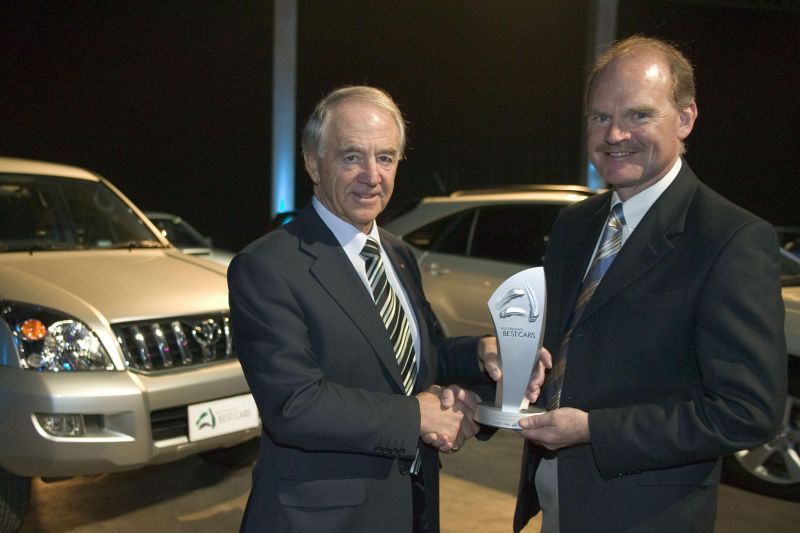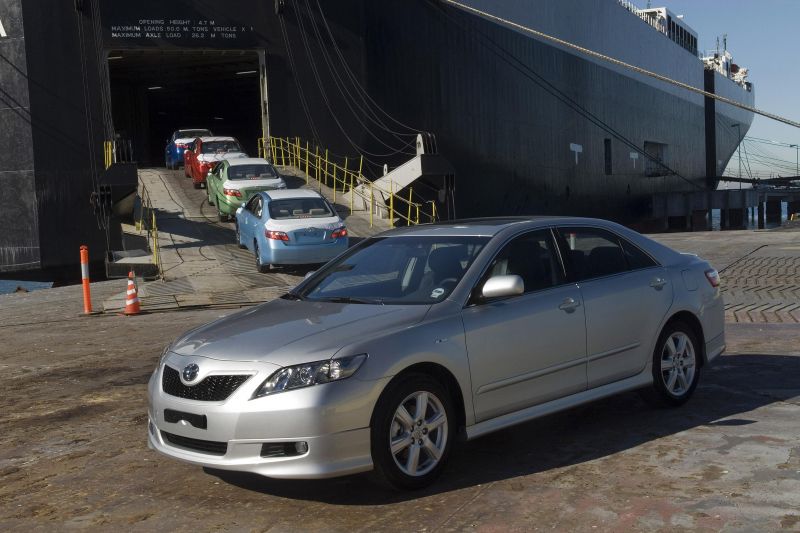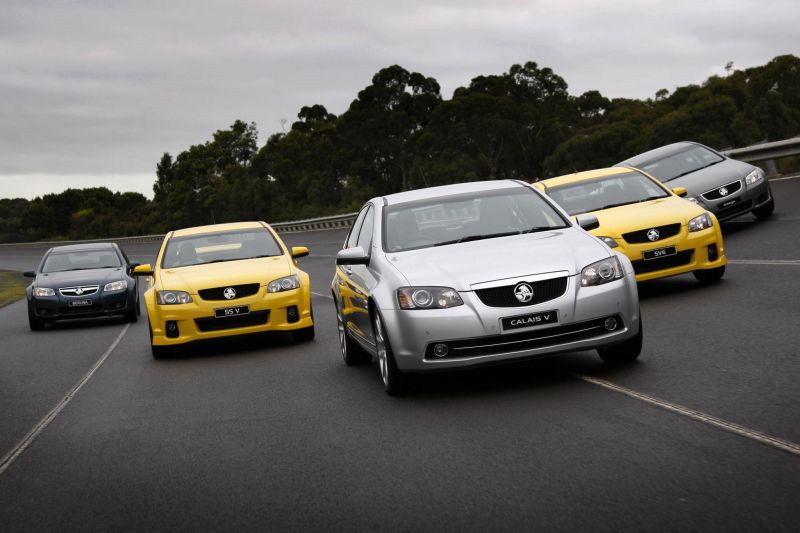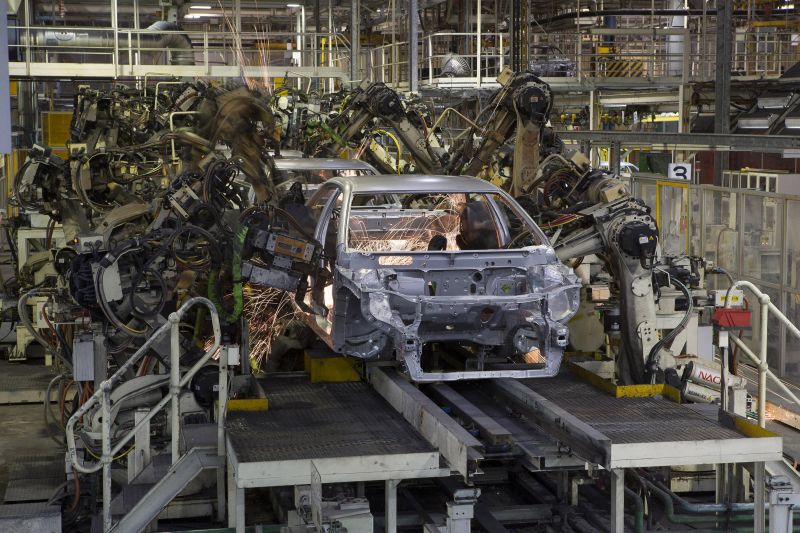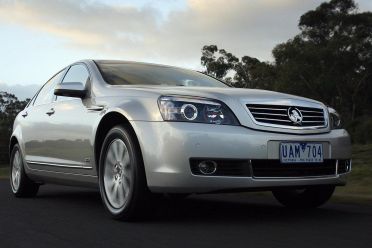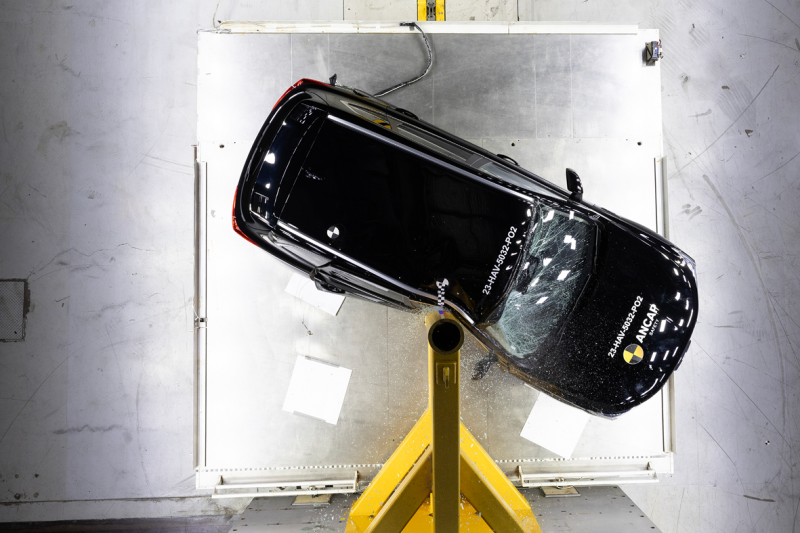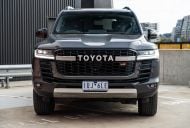Australia needs to cut through a “plague” of red tape to give a better service to car buyers, according to one of the country’s industry titans.
Australian Design Rules should be the first to go, followed by the Luxury Car Tax and then ANCAP safety rankings, according to one-time head of Toyota Australia, John Conomos.
The end result of the changes would be cheaper cars, access to more models, and quicker delivery times.
Conomos is promoting a full harmonisation with European industry regulations, and the removal of unique and outdated requirements for local sales, by dismantling a range of outdated regulations.
“They have been a plague on the car industry for far too long,” Conomos told CarExpert.
“It’s a huge cost. We should be fully harmonised with Europe. Then we would get the latest technology as it comes off the line in Germany or Austria or wherever. The cars could be on the next ship to Australia.”
Conomos has been one of the most influential figures in Australia motoring over the past 50 years, rising to the head of Toyota Australia and also becoming one of the first two non-Japanese members of the global board of directors at Toyota Motor Company in Japan.
He began as a self-confessed “humble truck salesman” before developing and implementing the plan to make Toyota the sales leader in Australia, overtaking traditional rivals Ford and Holden.
Conomos was also a key negotiator with politicians and bureaucrats in Canberra, dealing with a succession of Industry Ministers and Prime Ministers from the early 1980s until his retirement.
Now, despite his retirement, he believes he is more in-tune with the needs of car buyers and the motor industry.
“What we tried to do, 20 years ago, was full harmonisation with Europe. The only problem then was we had lousy fuel. And to some extent that still exists,” he said.
“At the time there was no ADR for LED headlights. So it was about 18 months or two years before we could get that technology.”
Conomos is acutely aware of the costs of local certification – homologation alone can be a six-figure bill – as well as the generational change in Canberra following the end of local manufacturing.
“It was always difficult to persuade governments. Hopefully that might change. With a more enlightened Industry Minister we might see some change,” he said.
“We’re at the whim for taxation policies, tariff rates, exchange rates. But the principle remains the same.”
Conomos is worried there is no appetite for change, as well as mourning the loss of a local car industry.
“All the good engineers have gone. Now we have talking heads for importers,” he said.
“We had a high-tech industry. We were primed for this decade. We had the ability to produce vehicles in this country with that technology. It was an absolute tragedy. We lost so much technology.”
But it’s not just mourning.
“I’m furious with the fact that we worked our whole life working for the industry, so we had a future. But it was curtailed at the decision point.
“It was (Prime Minister) Tony Abbott and (Industry Minister) Joe Hockey. The hide of Hockey, demanding GM in the USA make a decision to stay or not stay.
“It was a great shame because we tried and tried and tried to convince the Federal Government to stay with the industry plan that had been develooped by Senator Kim Carr.”
Conomos also believes the Luxury Car Tax should be scrapped.
“We are faced with this ongoing purgatory of the LCT. It was introduced for a completely different reason. Pricing of all Australian cars was based on the Holden Commodore. It was the standard by which others set their prices.
“Gone are the days of protecting a Holden Statesman or Ford Fairlane car, and it’s now purely based on revenue. The pricing now is in the hands of commercial importers. But governments do not realise.
“We achieved a great deal but one of my great disappointments was not achieving the abolition of the Luxury Car Tax.”
Conomos also believes there is no need for the Australasian New-Car Assessment Program (ANCAP) to rule on the safety of cars in Australia.
“If we were to harmonise we’d have the latest safety. That’s another waste of time and energy. That money could be better spent.
“The market is driving forward on safety. Not because of these beaurecrats,” he said.

